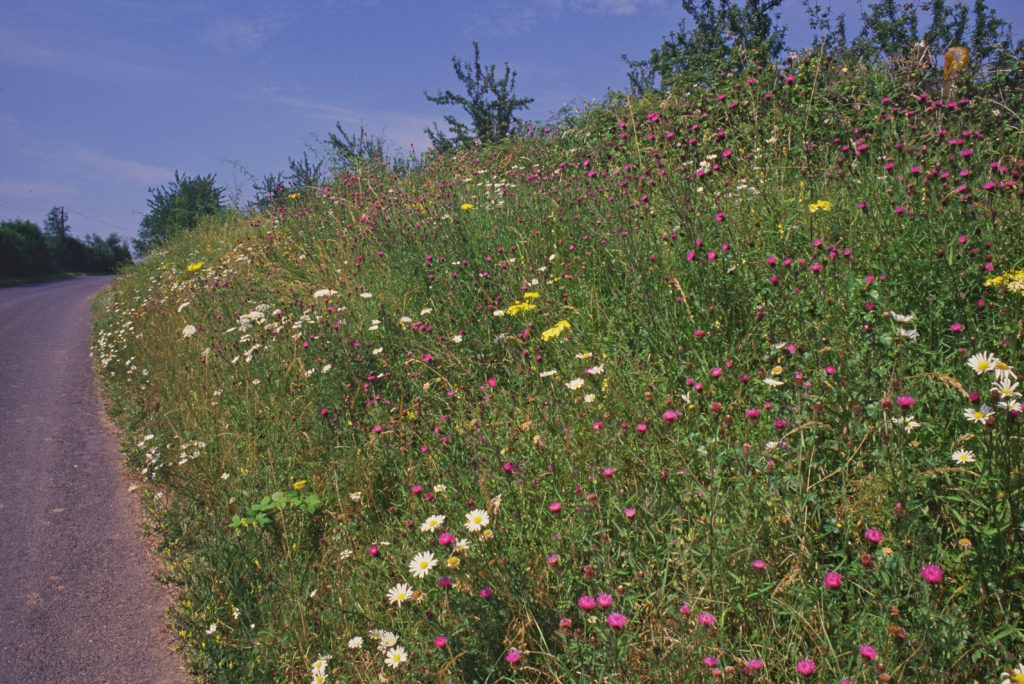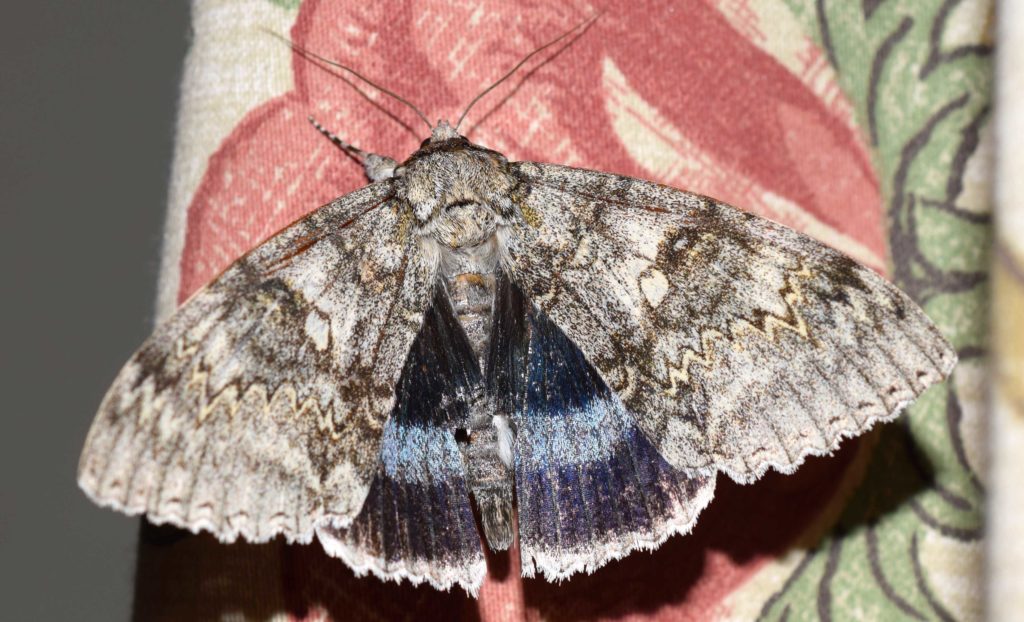The Guardian reports the Middlewick Ranges are an ecological marvel by the standards of 21st-century Britain. The army firing range near Colchester, Essex, has been untouched by a plough for nearly 200 years, allowing skylarks and nightingales to feast on the threatened invertebrates and insects that thrive in the rare acid grassland.
Yet a plan to sell off the ranges to build more than 1,000 homes has prompted accusations from campaigners that the Ministry of Defence (MoD) has rewritten environmental protection rules to suit its case.


